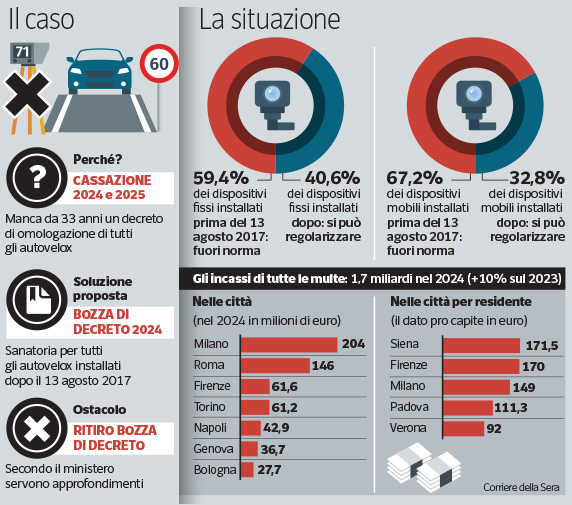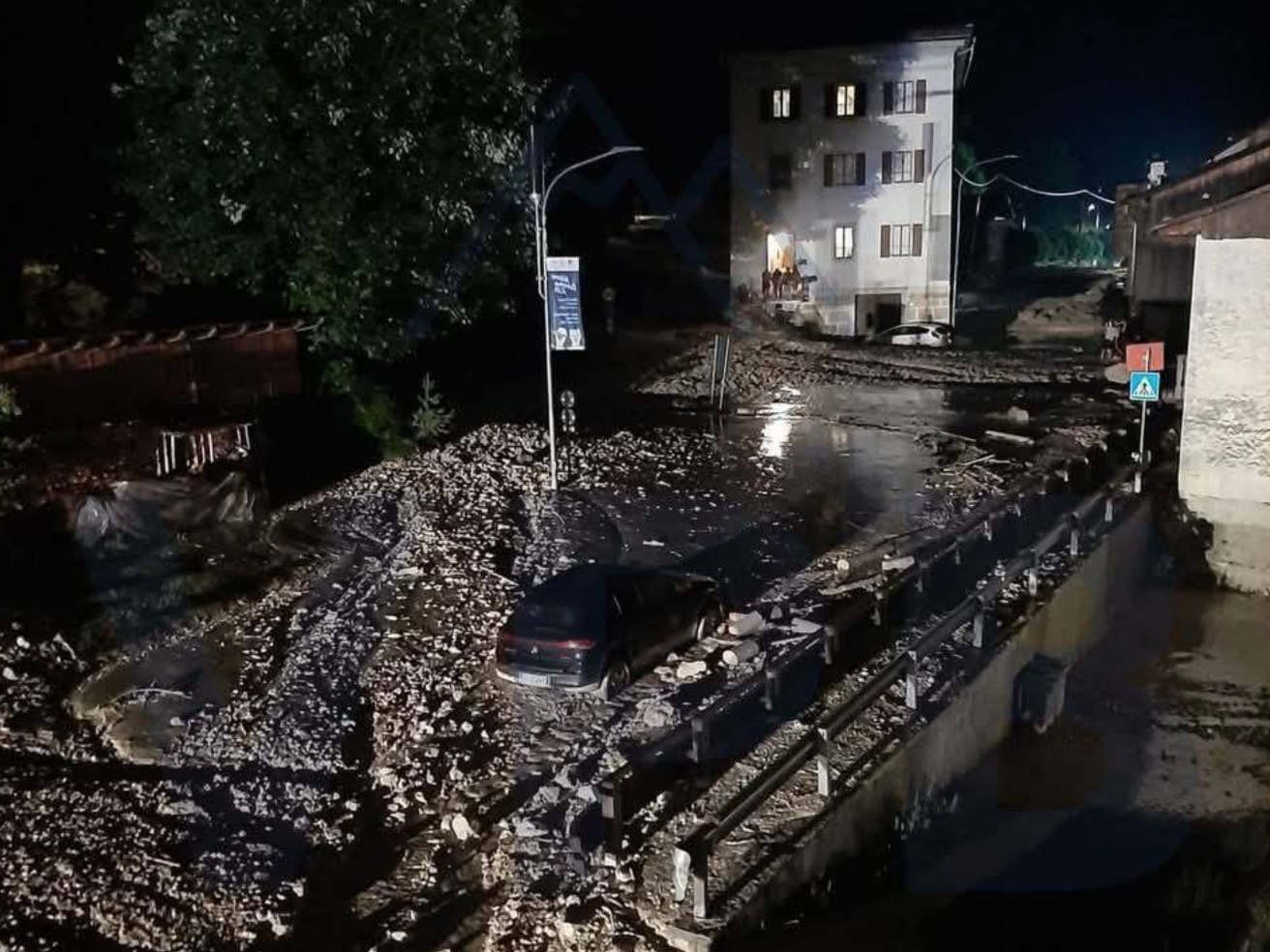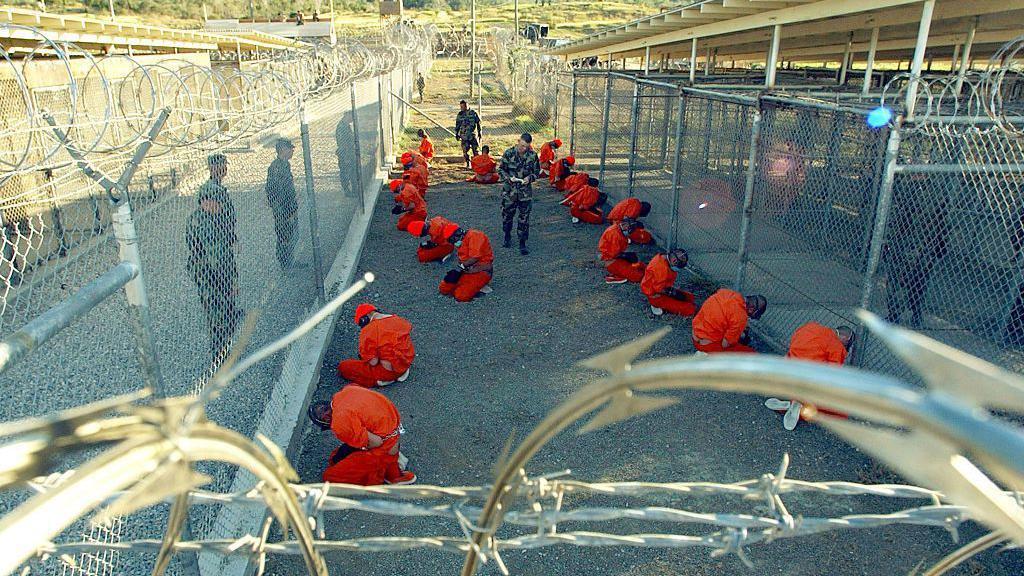« All outlaw speed cameras »: the Cassation and the controversies, but can the fines cancel? And how did it arrive at this point?

Italy is the third country in the world for « speed meter » used. The regulatory void, the order on the case of Treviso where a lawyer defended himself, the chaos that was created and the decree that is missing
Everyone The speed cameras are outlawedwe have discovered in recent months. But is it just like that? And how was it possible to find yourself in this situation? And also, fine who arrives at home after being pinched by a « speed meter », this one of the technical definitions, Is it really anything or canceled?
The questions that overlap and cross on the theme are many, dictated on the one hand by unbelief, on the other hand by the desire to understand, to understand if it is possible to save a few hundred euros and some point on the license after the report received, or not. The answers, like the questions, are all connected to each other. And someone remains pending. Not for everything, on the speed camera front, there is the possibility of clarification.
Can fines be canceled?
Let’s start with the question that probably affects the most: If I took a fine with an speed camera or telelaser can I make it cancel?
It is necessary to verify on a case -by -case basis. If the speed camera that led to the minutes received at home is not approved, then it is possible to cancel the fine by submitting an appeal to the prefect within 60 days, or to the justice of the peace within 30. Therefore, before proceeding with the appeal It is necessary to verify precisely the « status » of the automotive: To understand if it is approved you need to read the report received well Where It must be written (it is mandatory) what is the decree according to which that type of speed camera was used.
Going to sift through the pages of the reference decree (which is easily found on the net) you can then read if the speed meter in question was simply approved or if it has been approved.
If there are no references to the word « approval », then there is a good chance that the appeal against that fine is successful and that the sanction is canceled.
More simply, in some cases, after identifying The name of the equipment used to give the finelooking for it on the net it is possible to find references to the or failure to be approved.
But how did this chaos come? Those 8 pages of the Cassation
So we started from the most concrete aspect of the ongoing chaos, namely the cancellation or validity of the fine received.
But how did all this come?
For years – in particular for 33 years, that is, since 1992 – On the subject there is a certain regulatory ambiguity in Italy, linked in particular to the DPR that did not have clear rules for the approval of the speed measurement devices.
Then they came The eight pages of the Court of Cassation, dated 29 February 2024, number 10505, and the theme re -emerged in a disruptive way. Against the Municipality of Treviso and in favor of Andrea Nalesso, lawyer who represented himself as a road user.
The Cassation has spoken on that case with a short order in which it reiterates that:
1) the appliances for measuring the speed of vehicles, according to article 142 of the highway code, must be « duly approved »;
2) The activities and functions of the approval and approval procedures are distinct, also on the basis of the regulations for the application of the highway code provided for by the DPR of 1992. Therefore, one thing is approval, the other is the approval;
3) In particular, approval is only a preparatory passage to the approval, Which instead is the procedure that would allow the reproduction and reuse in series of a given appliance.
The institutions what they do
Now, the municipalities and more generally the entities that use the appliances, complain that in any case there are no regulatory indications that can explain How to proceed with the approval.
The government in January attempted the path of a circular that aimed to equate approval to the approval, but it is difficult for a circular to overcome regulatory ambiguities highlighted by the Court of Cassation and the regulatory vacuum indicated by the local authorities themselves.
Beyond the dispute with Anci and with the consumer associations, the government will therefore probably try to overcome the impasse with a decree: a first draft, for now, has been withdrawn.
The Italian data: 11,800 fixed appliances
The fixed speed cameras in Italy are approximately 11,800. On the other hand, it is not possible to have an estimate of mobile appliances, because there are no aggregate data, since it is instruments used by the various municipalities, the provinces, the different police bodies.
The certainty is that Italy is one of the countries that, in the world, more uses electronic instrumentation to detect speed and to fine. Even the third country in the world after Brazil and Russia, before the United States in fourth place (according to Scdb.info).
And everything is questioned by a certain ambiguity of the rules which, apparently, has never led to the true approval of the tools available. Each road user, fine for a fine, can verify and decide how to proceed.








